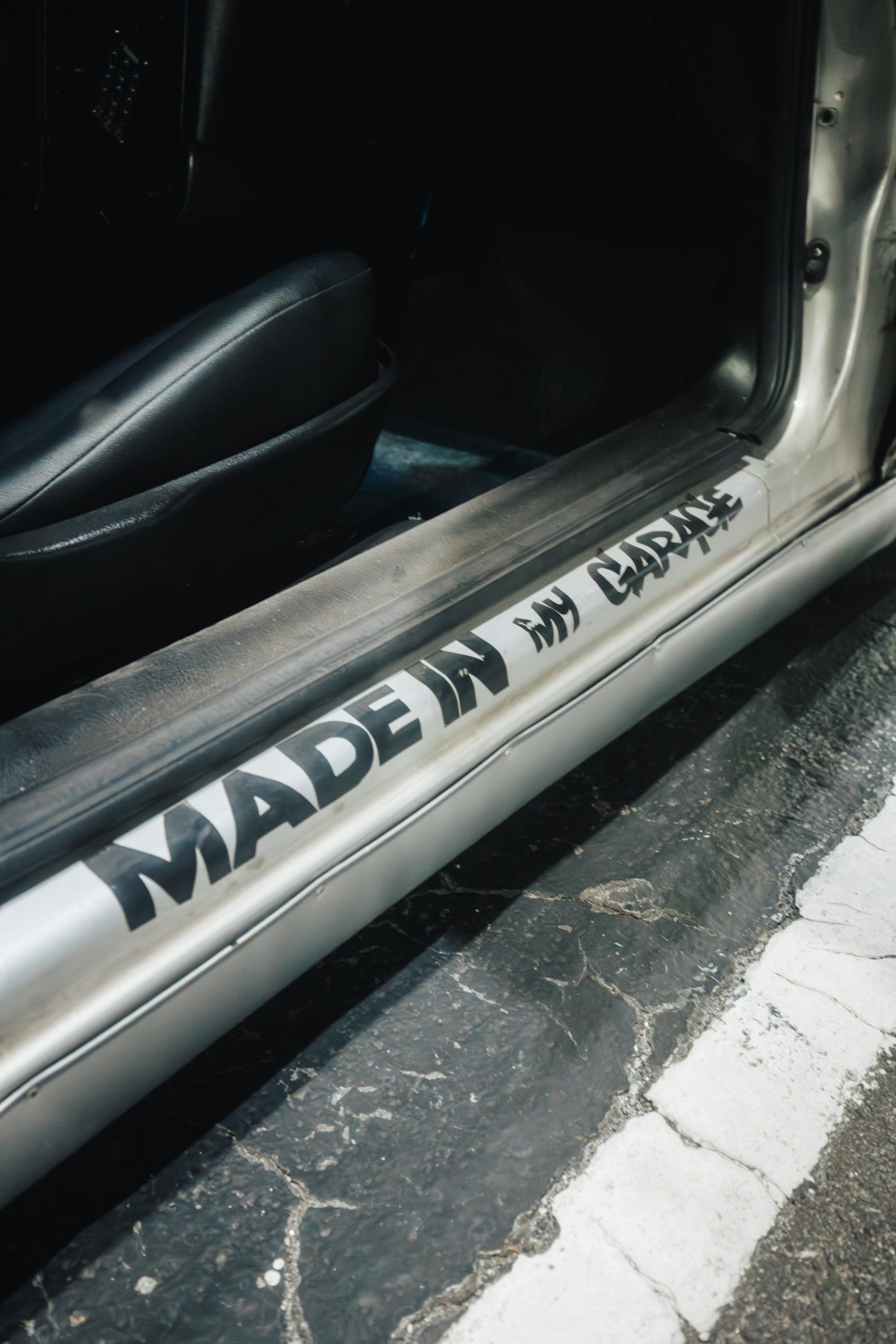Title: Navigating Insurance Disputes After a Minor Car Accident: What to Do When You’re Held Partially Responsible
Story Overview:
Recently, I found myself in a frustrating situation involving a minor collision at a gas station. While cautiously driving through the parking lot at about five miles per hour, an individual backing out of a parking space suddenly struck my passenger side door. Thanks to security footage from the gas station, it’s evident that I wasn’t at fault. Despite this, my insurance company, State Farm, has assigned 65% responsibility to me, leaving me feeling unfairly accused. I’ve already spoken with a supervisor without success, and now I’m exploring my options.
Understanding the Situation:
The incident was minor, and the footage clearly shows I was not at fault. However, the insurance assessment indicates partial liability on my part. This discrepancy can be perplexing and troubling, especially when you have full coverage and collision insurance that should ideally simplify the process.
Steps to Take:
-
Gather Evidence: Ensure you have all relevant documentation, including video footage, photos of the damage, and any witness statements.
-
Review Your Policy: Understand what your insurance covers and the procedures for disputing fault assignments.
-
Challenge the Liability Assessment: Contact your insurance representative or claims adjuster to formally contest the responsibility determination. Present the evidence clearly demonstrating you were not at fault.
-
Escalate the Issue: If initial contacts don’t resolve the issue, request to escalate the matter to a supervisor or a claims appeals department.
-
Seek External Assistance: Consider consulting with a third-party insurance advocate or legal professional if you believe your claim has been unfairly processed.
-
Communicate with the Other Driver’s Insurance: Since State Farm is the other driver’s insurer, coordinate through them and provide your evidence to support your claim of non-liability.
Final Thoughts:
Insurance disputes over liability can be stressful, especially in minor accidents where clear evidence exists. Persistence and a well-organized presentation of your case are key. Remember that you have rights, and you can seek further assistance if necessary to ensure fair treatment.
Disclaimer: The above advice is general and may not suit every individual case. For personalized guidance, consult with a licensed insurance professional or legal expert.



